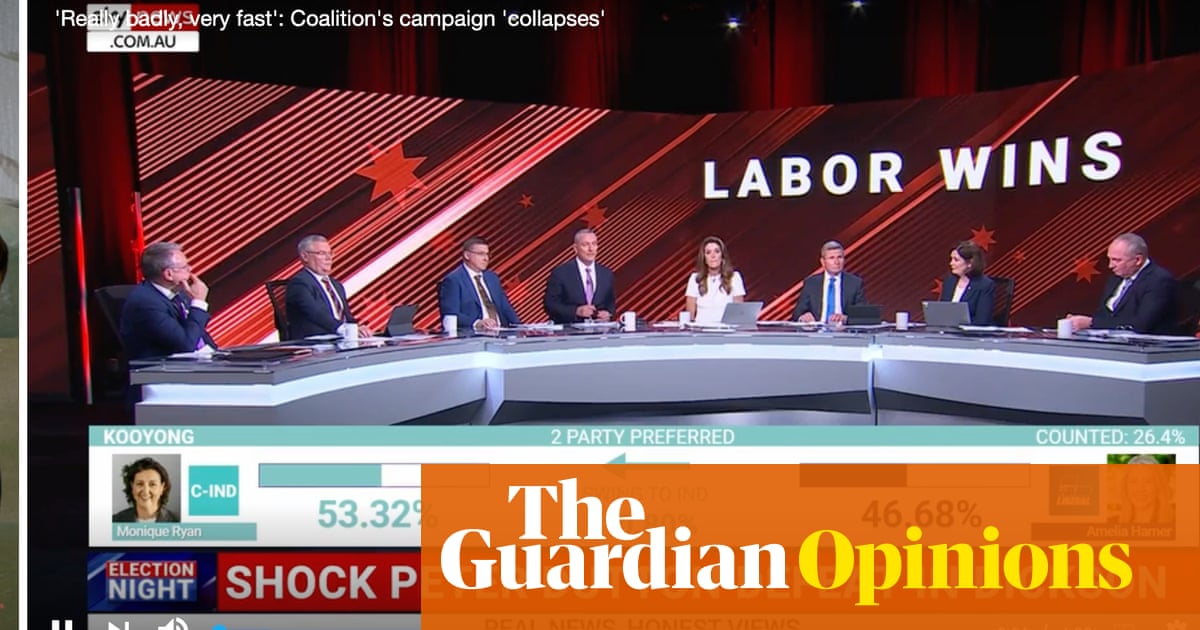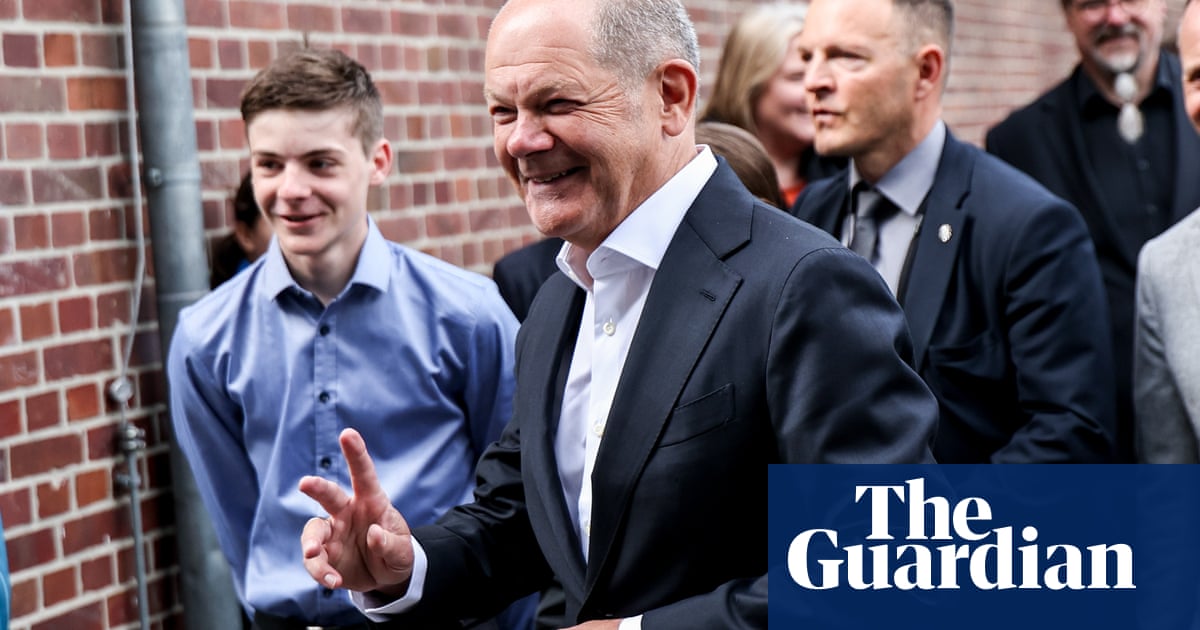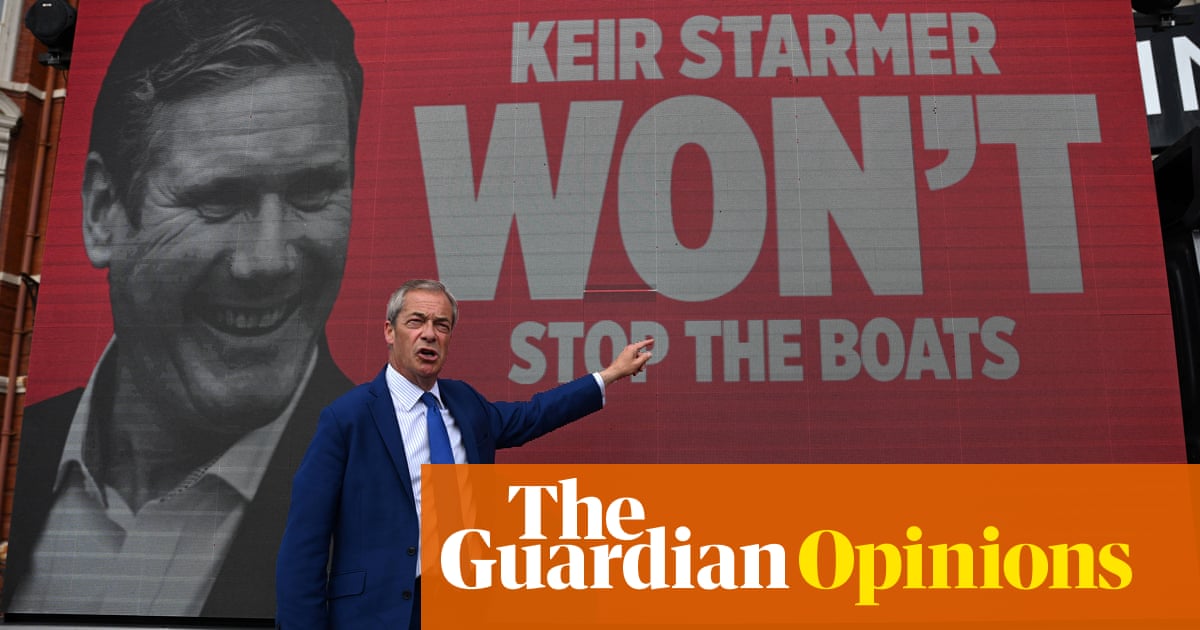The Bank of England is poised to cut interest rates on Thursday amid growing concerns over the hit to UK jobs and growth from Donald Trump’s increasingly erratic global trade war.
In the Bank’s first intervention since the US president’s “liberation day” tariff policy announcement sent shock waves through the world economy, Threadneedle Street is expected to reduce its key base rate from the current level of 4.5%.
Financial markets suggest an almost 100% chance of a quarter-point reduction. However, some economists – including a former Bank deputy governor – have argued that a bigger half-point cut is needed to help businesses and households in the face of the dramatically worsening global outlook.
Economists have warned that Trump’s trade battles will lead to a significant slowdown in trade, and come with a cost for US consumers by pushing up prices and raising the chances of a recession.
Business and consumer confidence levels have fallen sharply in other countries, including in Britain, over fears that his tariff policies and unpredictable approach will torpedo economic activity around the world.
“The near-term UK growth outlook already looked challenging – recent US tariff announcements have added to the headwinds,” said Edward Allenby, a UK economist at the consultancy Oxford Economics.
“[A] May cut is a done deal, and the MPC could signal a less cautious approach [to cutting rates] ahead.”
In a crunch week as central banks on both sides of the Atlantic respond to the unfolding economic shock, the financial markets expect the US Federal Reserve to disregard fierce criticism from Trump and keep interest rates unchanged on Wednesday.
Last month, Trump called the Fed chair, Jerome Powell, a “major loser” whose “termination cannot come fast enough”, before rowing back on his attacks on the central bank’s independence in the face of a bond market meltdown.
While there are concerns that the president’s tariffs could stoke inflation – which could push central banks to keep rates at elevated levels – economists say the border taxes may pull down inflation in other countries.
This is because tariffs could lead to exports destined for the US market being rerouted elsewhere, leading to a glut of goods in UK and EU markets, while the hit to economic activity will also sap inflationary pressures. Already there are signs of falling trade volumes between the US and its largest partners, including figures showing a sharp decline in container shipping.
after newsletter promotion
UK inflation fell by more than expected in March to 2.6%, while figures from the labour market suggest company hiring intentions are cooling as businesses face higher taxes and subdued levels of consumer confidence.
While inflation is expected to reach a fresh peak of 3.7% this summer amid a rise in the price of energy and food – almost twice the Bank’s 2% target rate – analysts said the elevated level of interest rates and fears over the hit to the economy from Trump’s tariffs warranted more action to cut borrowing costs.
Andrew Bailey, the Bank’s governor, warned at last month’s International Monetary Fund meetings in Washington that the UK economy faced a “growth shock” as a result of Trump’s policies. The IMF downgraded its 2025 growth forecast for the UK to 1.1%, from the 1.6% it had been expecting as recently as January before the tariffs were announced.
Analysts said some members of the Bank’s rate-setting monetary policy committee could push for a larger cut, including the external economist Swati Dhingra, who has long advocated for deeper reductions in borrowing costs, and possibly one or two other members.
Analysts at Morgan Stanley said a half-point cut on Thursday would be a “risk” to their expectation for consecutive quarter-point cuts to 3.25% by the end of this year.
“The intellectual reasoning underpinning a potential 50bp [basis point] cut is fairly simple: why does the UK economy, with a weak labour market, pay settlement surveys at close to target-consistent levels … and in anticipation of a possible large-scale global growth hit, need interest rates as elevated as 4.5%?
“We do strongly feel that the BoE should cut rates to closer to 3.5%, the sooner, the better.”

 6 hours ago
10
6 hours ago
10













































